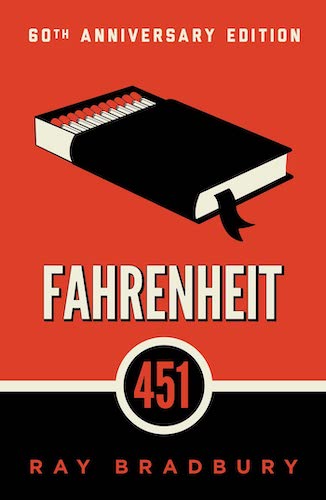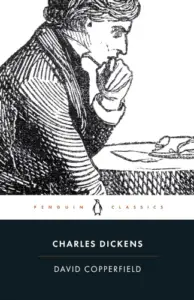Fahrenheit 451
Book Author: Ray Bradbury
Summary reviewed by:
Terrence Timmons
Terrence Timmons
Analyst
Bachelor of Arts (BA), University Of California, Santa Barbara 2019
With over 4 years of experience as an analyst. Terrence Timmons is committed to analyzing summaries without compromising on quality.
Fahrenheit 451: Summary
In a world consumed by an insatiable hunger for shallow entertainment, "Fahrenheit 451" is a scorching beacon of reflection.
Step into a horrifying future where literature is an outlaw, the written word, a condemned relic. Bradbury, with the pen mightier than any flamethrower, introduces us to a reality dominated by oppressive state machinery, where 'firemen' are charged with the ironic task of igniting, rather than quelling flames - annihilating books, repositories of free thought.
Our guide through this dystopia is Guy Montag, a dutiful fireman with a simmering curiosity. Montag's life is stark, drained of meaning, filled with mechanical routines and a marriage devoid of emotional resonance. But a chance encounter with an eccentric seventeen-year-old named Clarisse stokes dormant embers in his soul. Her unmitigated delight in life’s simple pleasures – the wind, the rain, the beauty of flowers – offers a stark contrast to the sterile world around him. This meeting ignites a spark, initiating a dangerous search for enlightenment amidst society’s embers.
As Montag unearths the power of books, he comes across a myriad of exiled intellectuals, living shadows preserving humanity's written heritage in their minds, like vestal priests of forgotten gods. He realizes the depth of his society's decay, where disconnected relationships, hollow pleasures, and ignorance are the status quo. The journey unfolds, and Montag is drawn inexorably towards a confrontation with the chilling mechanisms of his world.
Spoilers (watch a short ad to reveal spoilers)
Fahrenheit 451: Genres
Fiction
Science Fiction
Dystopian Fiction
Social Commentary
Philosophical Fiction
Fahrenheit 451: Main Characters
Guy Montag: A seasoned fireman, Montag’s encounter with Clarisse catalyzes his transformation. His courageous quest for knowledge, illustrated by his secret hoard of books, demonstrates his value of independent thought.
Mildred Montag: Guy’s wife, lost in her addiction to shallow entertainment and numbing pills, epitomizes the societal norm of disconnection and apathy.
Clarisse McClellan: The unorthodox teenager whose natural curiosity and zest for life awaken Montag. Her questioning of societal norms serves as an example of her value for individuality and critical thinking.
Captain Beatty: The cunning fire chief, well-read yet fiercely antagonistic towards literature, embodies the paradoxical nature of the state’s control – the knowledge of the very thing he destroys.
Fahrenheit 451: Themes
Censorship: The burning of books symbolizes the suppression of dissenting ideas. Montag’s rebellion exemplifies resistance against this control.
Consequences of Technology Misuse: The shallow entertainment and disconnect from reality embody the dangers of misused technology.
Knowledge vs. Ignorance: Montag’s journey from ignorance to knowledge demonstrates the power of books and the inherent dangers of a complacent society.
Alienation and Loneliness: The pervasive loneliness and disconnect in relationships, seen in Montag’s sterile marriage, reflect the dehumanizing effects of societal conformity.
The Power of Books: The Book People, memorizing texts to preserve them, highlight the importance of literature in shaping human culture and resilience.


Fahrenheit 451
Date Published: October 19, 1953
Disclaimer: As an Amazon Associate I earn from qualifying purchases.




